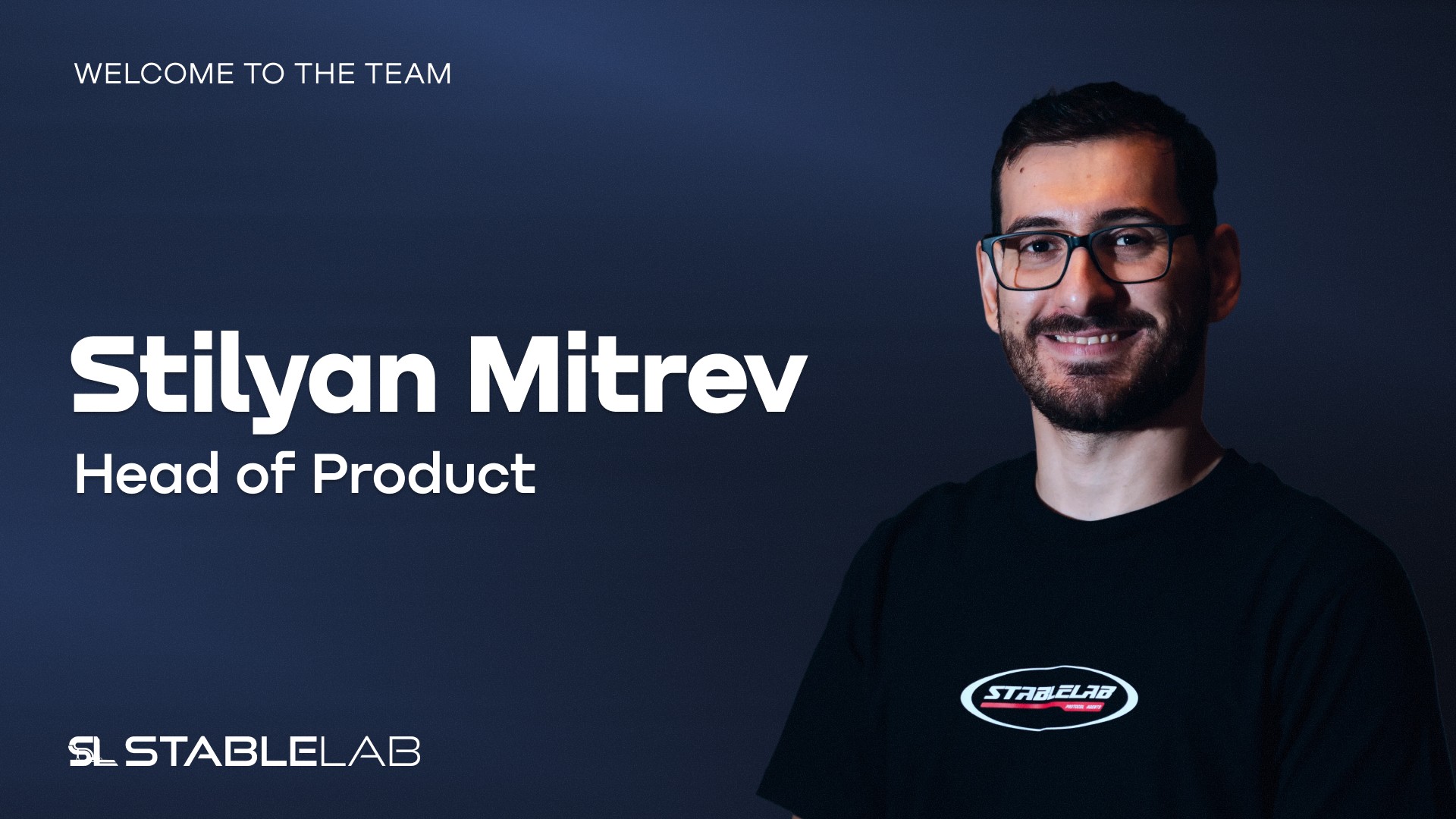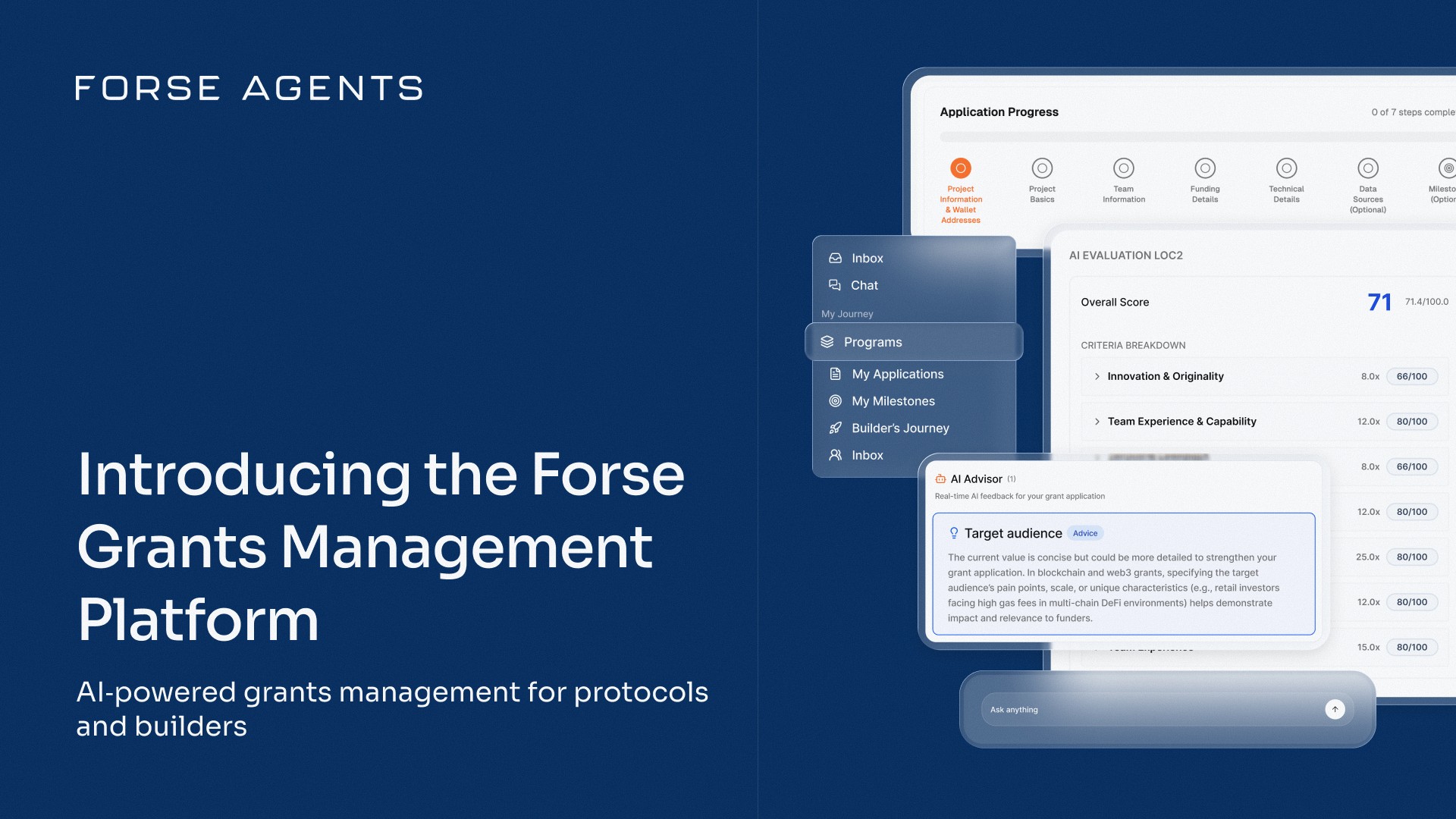Most people enter DAO governance full of motivation, only to hit a wall.
The ambition is there. The intent is real. But the path? Fragmented, obscure, and full of friction. Contributors are expected to perform with precision, but are handed little more than forum links, scattered context, and vague expectations. No curriculum. No onboarding. No map. Just vibes and vote buttons.
This piece outlines the emotional and practical challenges of joining DAO governance, and makes a case for something better: structured learning, built for the messy realities of decentralized systems.
Because shaping governance isn’t a matter of enthusiasm. It’s a matter of skill. And skills need time, practice, and thoughtful design to grow.
The Governance Learning Curve

The path to governance competence isn’t straight—it loops, dips, and occasionally crashes.
Governance in DAOs isn’t something you master overnight. It’s something you survive, then slowly begin to understand, and eventually learn to shape.
The learning curve is steep, unpredictable, and nonlinear. There are loops of confusion, false confidence, long plateaus, and rare breakthroughs. It’s a cycle that begins with curiosity, often followed by burnout or impostor syndrome, and, if you're lucky, culminates in competence.
The image above captures it well: from “Looks like fun” to “I don’t know s**!”*, to finally “I did it!”. This emotional arc is the default onboarding journey for most contributors. And while individual grit helps, the truth is that the system itself often makes the path harder than it needs to be.
Which brings us to the real question:
Why is governance so hard to learn in the first place?
Barriers Along the Curve
If reading the docs were enough, every forum would be full of confident contributors. But reality tells a different story. Here are six common blockers that derail even the most committed participants:
1. Information Overload
Governance is noisy by default: dozens of proposals, threads, votes, updates, and tooling shifts flood every channel. Finding signal without filters is exhausting.
As Leuts noted, “Delegates shouldn't have to vote so often that they get burned out. The highest level boards in the largest companies on earth don't even have to do that. ”
2. Social Signaling Over Substance
In low-context spaces, people default to social cues: who voted first, what’s trending, what the whales are saying. It creates echo chambers, and reinforces the Iron Law of Oligarchy, where familiar names concentrate power by default.
3. Fragmented Tooling
Governance requires bouncing between forums, dashboards, voting portals, and wallets, all with different UX patterns. A single misstep can destroy trust. For many, the safer option is to just watch from the sidelines.
4. No Feedback Loops
Votes vanish into the void. No follow-ups. No impact summaries. No learning signals. Without feedback, there's no way to improve, just a fog of guesswork and discouragement.
5. Social Friction & Epistemic Insecurity
DAO culture runs on inside jokes, acronyms, and subtle norms. Newcomers face invisible walls of context. It’s not a lack of ability, it’s a lack of symbolic access. The result? Epistemic insecurity and impostor syndrome.
6. Lack of Role Clarity
Governance is permissionless, but directionless. There are no defined roles, no skill trees, no clear stages of growth. Most contributors get stuck between “curious” and “overwhelmed,” with no way to move forward.

No roadmap, no role clarity, no feedback loop. For many new delegates, onboarding feels more like survival than learning.
Designing for the Zone of Proximal Development
To build better pathways, DAOs can borrow from learning science. One key concept is the Zone of Proximal Development (ZPD), the space between what someone can do alone and what they can achieve with guidance.
Effective learning happens inside this zone. To cultivate skilled contributors, DAOs must design systems that offer mentorship, feedback, and progressive scaffolds, especially in the early stages.
“A mistake I see DAOs making is asking for too big of a contribution, too early.” — David Spinks
Structured learning isn’t about spoon-feeding. It’s about unlocking latent capacity with the right support at the right time.

Real growth happens between what you can do alone and what you can do with guidance. DAOs that design for this zone unlock potential—not just participation.
What Structured Learning Looks Like in Practice
Designing for the ZPD is one thing, operationalizing it is another. Fortunately, many DAOs are beginning to bridge that gap. Here’s how structured learning is taking shape on the ground:
Modular Learning → Clear Skill Progression
Breaking governance into digestible modules, like proposal analysis, treasury flows, or on-chain mechanics, creates scaffolds for learning. This mirrors the backward design approach: start with the desired contributor outcomes, then build backwards.
Cohort-Based Training → Shared Context
Learning in isolation is fragile. Cohorts build collective knowledge, trust, and accountability. They reflect the social nature of DAOs, turning governance into a shared craft.
Simulations & Quests → Learning by Doing
DAOs are coordination engines. Training should mirror this through simulations, mock proposals, and role-played debates. This approach draws from experiential and work-based learning frameworks.
Badging & Delegation Pools → Visible Milestones
Progress should be recognized. POAPs, badges, or public credentials signal readiness. When linked to delegation pools, these milestones unlock real responsibility. Well-designed incentives don’t crowd out intrinsic motivation, they reinforce it.
Mentorship & Feedback → Tacit Becomes Transferable
Much of governance expertise is tacit. Structured mentorship turns lived experience into collective knowledge. Research shows it also boosts retention and emotional commitment (Huffman & Payne, 2005).
Protocol-Native Design → No One-Size-Fits-All
Governance at Scroll is not the same as at Uniswap or Optimism. Effective programs are embedded in the unique context of each DAO—co-created with the community and iterated over time.

Before you shape proposals, you must master the basics. Structured training and real mentorship helps delegates build the reflexes governance demands.
From Theory to Action: Real-World DAO Programs
Many DAOs now recognize that decentralization requires more than open access, it requires active capacity-building. We’re beginning to see the emergence of purpose-built programs:
Arbitrum – Learning by Doing, at Scale
Arbitrum has quietly built one of the most active ecosystems for contributor experimentation. Through its Education, Community Growth & Events Domain, the DAO has funded over 40+ initiatives ranging from hackathons in Latin America and Africa, to governance workshops in Tokyo, Riyadh, and Madrid.
What sets Arbitrum apart is scale and structure:
Grants are milestone-based, with progress tracked in public dashboards.
Support includes onboarding bootcamps, IRL events, online learning cohorts, and region-specific activations.
The program rewards consistency, not just flashy one-offs, many contributors return with follow-up proposals or expand regionally after early success.
Rather than building one formal accelerator, Arbitrum has cultivated a distributed learning ecosystem, where contributors learn by doing, and iterate in public.
Optimism – Structured Progression & Governance Missions
Optimism has taken a different route with its govNERDs and Missions programs, blending gamified learning with real responsibility.
Through govNERDs, contributors move through a progression track—from newcomers to mentors, completing onboarding checklists, taking ownership of governance workflows, and participating in working groups.
Missions turn coordination into action: contributors are rewarded for framing proposals, achieving deliverables, and working in sync with protocol goals.
These aren’t isolated initiatives, they’re scaffolding for sustained contribution. Optimism treats governance as a skill, and participation as a profession.
Scroll – The Delegate Accelerator (D/Acc)
Scroll’s Delegate Accelerator (D/Acc), co-designed by StableLab, is an explicit answer to the competence gap in DAO governance.
This 7-week program offers:
Protocol-specific education
Cohort-based learning
Guided voting simulations
Mentorship from seasoned delegates
Access to delegation pools after graduation
It’s designed to transform "interested participants" into effective delegates—equipped with context, accountability, and credibility. The D/Acc isn’t just onboarding; it’s onramping contributors into governance leadership.
All of these reflect a shift: from assuming competence to cultivating it. From hoping contributors stick around to giving them a reason, and a roadmap, to do so.
Conclusion: Governance Is a Discipline
Governance isn’t just a right to participate. It’s a craft to be honed. A system to be stewarded. A shared responsibility that demands clarity, context, and commitment.
Structured learning is what turns enthusiasm into expertise—what transforms chaotic onboarding into enduring contribution. It’s not a nice-to-have. It’s the foundation for sustainable, credible governance.
“By improving the delegate onboarding experience we can continue to attract top talent, build accountability measures, and promote sustainable standards.” — Kene
But beyond onboarding, what we need are lifelong learning ecosystems, spaces where contributors don’t just join, but evolve. Where purpose meets progression. Where participation becomes a path.
“DAO onboarding is about making people feel a sense of ownership + belonging.” — Chase Chapman
In the end, people don’t burn out because they care too little.
They burn out because we give them too little to grow into.
Let’s change that.
Want to go deeper?
We recently released the DAO Delegation Handbook, a practical guide to help delegates and DAO leaders close the gap between power and accountability. If you want to go deeper into the mechanics of delegation, evaluation, and trust-building in DAO governance, it’s a good place to start.
Share with your friends:








